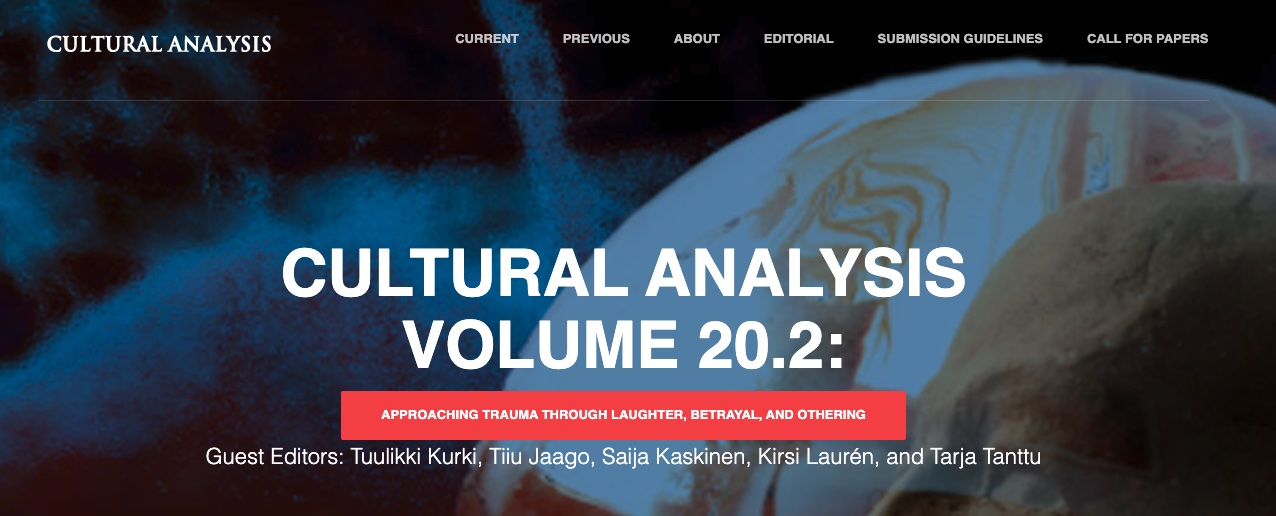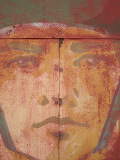
New issues of the SIEF journals ‘Cultural Analysis’ and ‘Ethnologia Europaea’
Cultural Analysis vol. 20.2 (2022) and Ethnologia Europaea vol. 52, issue 1 (2022) have been published.

Cultural Analysis
New issue: Vol. 20.2 (2022)
Approaching Trauma through Laughter, Betrayal, and Othering
Guest editors:
Tuulikki Kurki, Tiiu Jaago, Saija Kaskinen, Kirsi Laurén, Tarja Tanttu
Trauma has become a popular media topic in the last few decades and is featured widely in global societal discussions. At the same time, trauma has become an increasingly visible object of research in disciplines ranging from humanities to social sciences. Due to its increased visibility, the concepts, research questions, and viewpoints applied in studying trauma have multiplied and quickly expanded the research from the psychological aspects of trauma to its social, political, and cultural aspects (Kaplan 2005, 25), including the mechanisms of survival (Bond & Craps 2020, 139–41).
The theme issue, Approaching Trauma Through Laughter, Betrayal, and Othering, focuses on three potentially traumatizing cases in Finnish, Estonian, and North American contexts in 20th and 21st centuries. On the one hand, the issue examines large-scale, collective events, such as the forced migration of the Estonian population to Siberia in the 1940s and mobility from North America to the Soviet Union in the 1920s and 1930s. On the other hand, the theme issue studies the challenging or violent experiences of migrant individuals in Finland in the late 20th century, such as exclusion, othering, and aggression.
See further: https://www.ocf.berkeley.edu/~culturalanalysis/#current

Ethnologia Europaea
Vol. 52.1 (2022)
The current open issue deals with current, socially-relevant themes.
Anna Kwaśniewska’s article addresses what happens when a genetic disorder is mislabelled by the medical and media community as belonging solely to one ethnolinguistic group, and how this group not only uses the media in turn to both cope with the genetic disorder and resist the label applied to them. Niels Jul Nielsen’s contribution asks how ethnologists can theoretically grasp the actual practices that enable states to function. Focusing on the relationship between the state and its subjects, Nielsen argues that the concepts of policy-developing, operationalizing, and policy-implementing can help researchers to understand why civil servants make the decisions they make.
In her article, Barbara Sieferle brings us closer to the ‘outside world’ as experienced by formerly incarcerated men and how these men use conscious techniques to actively navigate the unpredictable and insecure world of post-prison life.
The contribution by Liia-Maria Raippalinna examines how people who actively avoid wasting food interweave older cultural norms of on thrift and frugality into current media discourses on the environmental impacts of food waste to create what has been called banal sustainability.
Finally, an ethnographic snapshot by Agnieszka Halemba shares reflections on the situation at the Polish-Belarusian border.




